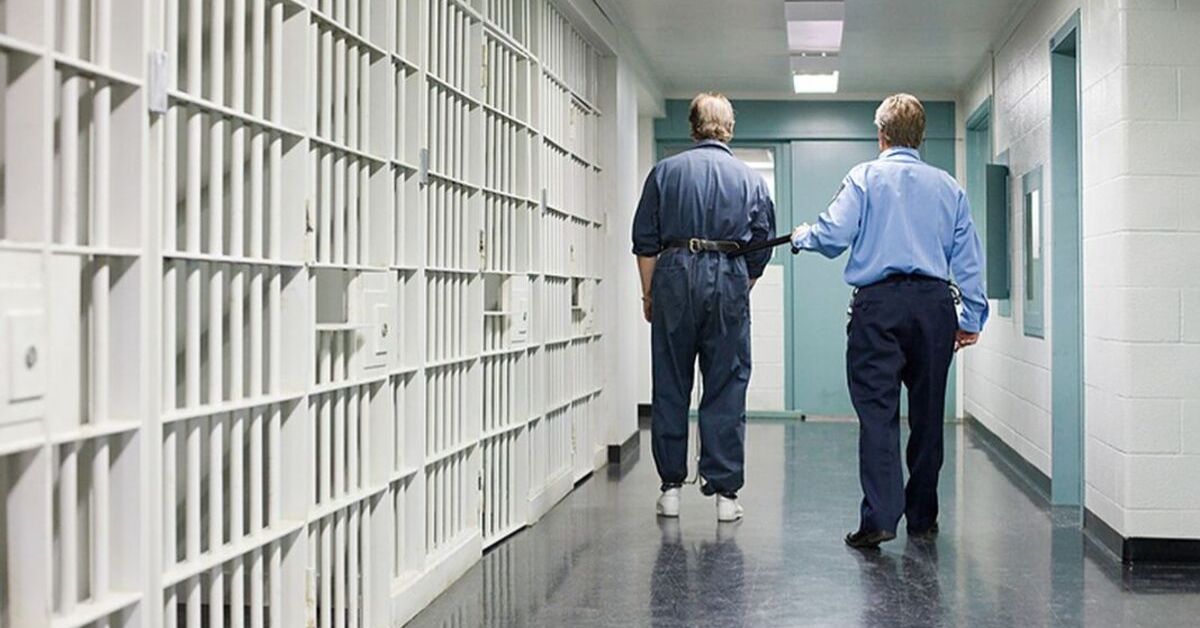Shoplifting isn’t a minor offense it can lead to a felony. But, a felony depends on various factors, such as the value of the stolen items, the location of the crime, and the offender’s criminal history. Let’s dive into the details of when shoplifting crosses the line into a felony and what it means for those charged with the offense.
What Is Shoplifting?
Shoplifting is stealing items from a retail store without paying for it.
This crime can include:
- Concealing items and leaving the store without payment
- Switching price tags to pay less at checkout
- Using fraud or deceit to obtain goods
- Walking out with unpaid merchandise
While shoplifting is often considered a misdemeanor, it can escalate into a felony under specific circumstances.
When Is Shoplifting Turns Into a Felony?

The severity of a shoplifting charge depends on the cost of stolen goods and the state’s laws. Every state has a specific threshold amount that determines whether shoplifting is a misdemeanor or felony.
How Much Shoplifting Is a Felony?
There are several consequences for shoplifting. But when a shoplifting charge turns into a felony, it becomes more severe. A felony is when stolen merchandise exceeds a certain value, known as the felony shoplifting amount. This amount varies by state. Here are some examples:
- California – Shoplifting becomes a felony when the stolen amount exceeds $950.
- Texas – If the felony charge is $2,500 or more.
- Florida – Theft over $750 is categorized as grand theft or a felony offense.
- New York – The felony threshold is $1,000.
If the stolen amount surpasses these limits, the individual could face felony charges, leading to more severe legal consequences.
Shoplifting Felony Charges and Consequences

Felony shoplifting charges come with serious penalties. Here’s what offenders may face:
-
Criminal Record
A felony conviction can be a lifetime record. It affects job opportunities, housing applications, and even voting rights in some states.
-
Jail or Prison Time
- Misdemeanor shoplifting: Usually results in fines, community service, or short-term jail sentences.
- Felony shoplifting: This can lead to years in prison, depending on the severity of the crime.
-
Fines and Restitution
Felony shoplifting convictions can result in heavy fines, sometimes amounting to thousands of dollars, along with restitution to the retailer.
-
Probation and Community Service
Instead of jail time, some courts may impose probation with strict conditions such as regular check-ins and mandatory community service hours for effective shoplifting prevention.
Can Shoplifting Be a Felony Even for First-Time Offenders?
Yes, first-time offenders can face felony shoplifting charges. But only if the value of the stolen goods is more than the felony threshold. However, judges may consider factors like intent, remorse, and cooperation with authorities when charging a penalty.
In some cases, first-time offenders may qualify for a diversion program. It allows them to avoid felony charges by completing specific requirements such as:
- Attending anti-theft classes
- Performing community service
- Paying restitution
Factors That Turns Shoplifting Charge to a Felony

Several factors can turn a misdemeanor shoplifting charge into a felony:
-
Felony Shoplifting Amount
If the value of the stolen merchandise is more than the state’s felony threshold, then the charge is automatically increased.
-
Repeat Offenses
Multiple shoplifting convictions can result in enhanced penalties, even if the stolen amount is below the felony threshold.
-
Organized Retail Theft
Shoplifting as part of an organized crime group can lead to additional felony charges such as conspiracy and racketeering.
-
Use of Weapons or Threats
If a shoplifter uses force, threats, or weapons, the charge may escalate to robbery, a more severe felony offense.
What to Do If You’re Charged with Felony Shoplifting?

If you or someone you know is facing a shoplifting felony charge, you must know what steps to take:
Hire an Attorney
A criminal defense lawyer can reduce or dismiss charges by negotiating plea deals or proving a lack of intent.
Understand Your Rights
- Remain silent and avoid making any statements.
- Request legal representation before speaking to authorities.
Consider Legal Defenses
Common defenses against felony shoplifting charges include:
- Lack of Intent – If the shoplifting was accidental, such as forgetting to pay for an item.
- Mistaken Identity – If you were falsely accused based on faulty surveillance footage.
- Violation of Rights – If law enforcement conducted an illegal search or failed to read your rights.
How to Avoid Shoplifting Charges?
There can be several causes of shoplifting. But to avoid the risks and consequences of felony shoplifting, implement these preventive measures:
- Always double-check your purchases and receipts before leaving a store.
- Be aware of store security policies and cameras.
- If accused of shoplifting, stay calm and request legal representation immediately.
Final Words
So, is shoplifting a felony? The answer depends on the felony shoplifting amount in your state, previous offenses, and aggravating factors. While minor shoplifting cases may result in fines or community service, felony shoplifting charges can have life-altering consequences, including jail time, a permanent criminal record, and hefty fines.
If you’re wondering when is shoplifting a felony, always check your state laws and understand the potential penalties. Facing a shoplifting felony charge can be overwhelming, but with the right legal guidance, there may be ways to overcome it.
Have you ever wondered how much shoplifting is a felony? If so, knowing the laws in your area can prevent costly legal troubles. Shoplifting might seem like a small mistake, but it can have a serious impact on your life.





